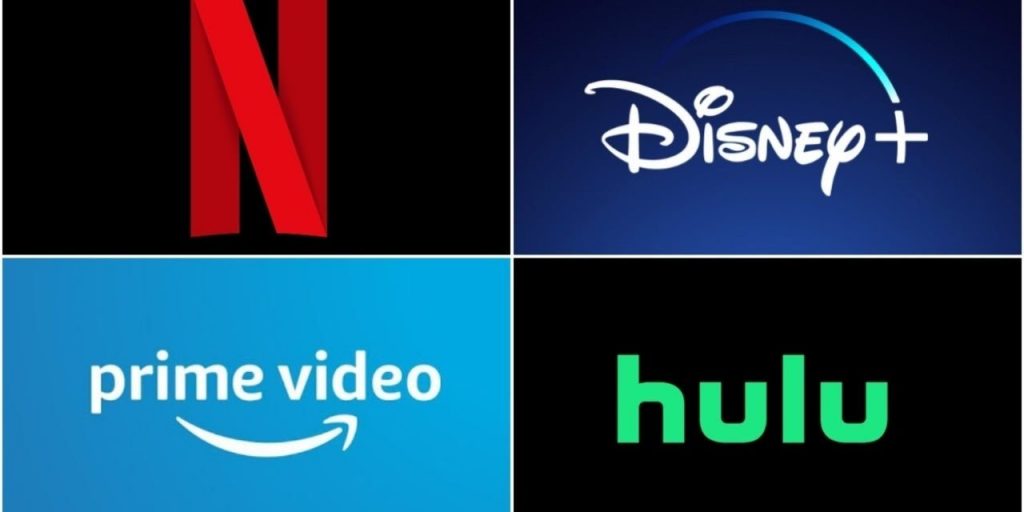f you’re not immersed in the media landscape, you might not be familiar with IPTV. However, chances are you’ve been using IPTV services for years, and their presence in your life is set to increase.
IPTV is a rapidly expanding industry. Experts predict its market value will more than double by 2029. Even now, new IPTV providers and services are emerging alongside traditional TV providers, offering more IPTV options.
But what exactly is IPTV? What does it stand for, how does it work, and how can it enhance your TV-watching experience? Let’s break it down.
What You’ll Learn
Use the table of contents below to navigate through this post:
What Is IPTV?
IPTV stands for “Internet Protocol Television.” While it may sound technical, it simply refers to delivering television or video content via the internet, as opposed to traditional methods like cable or satellite. If you’ve used streaming services like Netflix or Hulu, you’re already familiar with the concept—it’s the same idea but for TV shows and live broadcasts.
IPTV vs. Non-IPTV: What’s the Difference?
The key difference lies in how IPTV content is delivered. Traditional TV transmits content via fiber-optic cables or satellite radio waves. IPTV, on the other hand, delivers content through your broadband internet connection.
Why Do People Choose IPTV?

The primary appeal of IPTV is its flexibility, which manifests in three main ways:
- When You Watch: Unlike cable or satellite TV, which broadcasts in real-time, IPTV allows you to watch what you want, when you want. With Video on Demand (VOD) and time-shifted media, you can catch up on missed episodes without adhering to a rigid schedule.
- How You Watch: IPTV apps enable you to watch on various devices, including tablets, smartphones, and laptops. This means you’re not restricted to your TV screen.
- Network Flexibility: IPTV uses internet protocols, allowing for two-way interactivity and personalized viewing experiences, unlike traditional one-way broadcast networks.
Do You Need a Set-Top Box for IPTV?
It depends. Older TVs may require set-top boxes like Apple TV, Roku, or Amazon Fire TV to translate IPTV signals. However, computers and many newer Smart TVs can stream IPTV directly without additional hardware.
Hybrid IPTV
Many providers are adopting a hybrid IPTV approach, combining traditional TV with IP-based services in a single box. This transition allows for expanded offerings and easier rollout of new services.
How Does IPTV Work?
IPTV comes in three formats:
- Video on Demand (VOD): This allows you to watch video content whenever you want, similar to Netflix or Hulu.
- Time-Shifted Media: This format, like BBC’s iPlayer, lets you watch shows after they’ve aired but within a limited timeframe.
- Live IPTV: Similar to traditional TV, this format broadcasts shows live over the internet.
IPTV is poised for significant growth. Market estimates suggest it will exceed $105 billion by 2029, driven by digitalization and increased mobile device usage. Subscription-based IPTV services like Hulu Live TV are expected to grow rapidly, with major media providers developing new streaming services.

